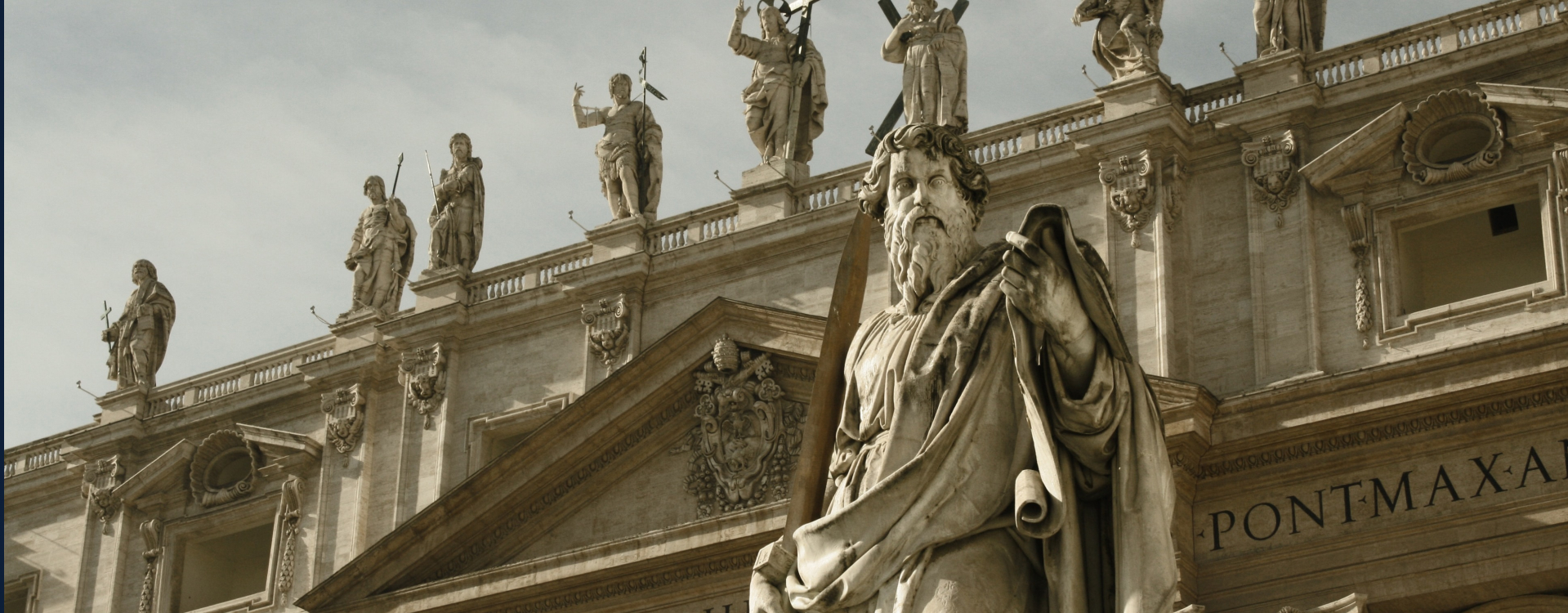Spendthrift Trust Organization
A Spendthrift Trust Organization provides the safest road to freedom permitted by law.

Legal Powers Of A Spendthrift Trust Organization
The word trust is defined by Black’s Law Dictionary as a right of property, real or personal, held by one party for the benefit of another. The trustee (s) hold the legal and equitable title to the property for the benefit of the beneficiaries. Neither the trustee (s) nor the trust itself owns the properties. They merely hold title to the assets, but they do not hold equitable title to anything. Technically, the beneficiaries own everything in the trust eventually, but not necessarily. That is exactly the secret sauce to this trust. On paper, the assets appear to be held in-trust for the beneficiaries, so we say the beneficiaries technically own everything. It’s easier to say the assets are RESERVED for the beneficiaries, indefinitely. So, effectively the trust is like an escrow account. However, not one of our clients ever GIVES any assets to the beneficiaries, so effectively, even though the trust only holds title, the equitable title is merely RESERVED for the beneficiaries. Furthermore, the assets are only physically given to the beneficiaries if and only if the trustee so desires to do so. The beneficiaries have no say in the matter.
Some say this is a difficult thing to understand. So, we compare trust assets as similar to a mortgage title company escrow account. When the lender sends the money to the title company, the title company doesn’t OWN the money. It’s simply held in the bank account of the title company until the lender approves the funds to be dispersed, pending everything was correct and signed for. In the same way, the trust is like the escrow account of the title company. All assets are held in escrow until the trustee decides in his or her own discretion to approve the assets to go to the beneficiary. If income or assets are given to a beneficiary, it would trigger taxable events.


A Spendthrift Trust Organization provides the ultimate in tax immunity, ironclad asset protection and the best way to acquire asset invisibility or privacy. When a person correctly transfers assets into a properly structured Spendthrift Trust Organization, he or she can maintain 100% control of, and have all the benefits of ownership without any inherent liabilities. Those liabilities are bankruptcy, divorce, lawsuits, liens, levies, or death, etc.

Beneficiaries do not have any management or control of any trust assets EVER in a Spendthrift Trust Organization. A Spendthrift Trust Organization is created or given life through a contract in the form of a manifestation of intention in the terms and conditions of the trust, often referred to as the instrument or trust instrument. In addition to this, these contracts or instruments do not owe their existence to any acts of legislature. The authority for its creation is the common law right to contract by each party.
It’s very important to understand that any property held by a properly structured Spendthrift Trust Organization is immune from tax liens, levies, seizures, lawsuits, divorce claims or bankruptcy. The Spendthrift Trust Organization is not liable for the debts of the trustees, or the beneficiaries, and assets in the corpus can NEVER be reached by a court to satisfy debts of trustees or beneficiaries. Likewise, the trustees and beneficiaries are never personally liable for any debts of the spendthrift trust either [Hussey v. Arnold 182 U.S. 461,21 S. Ct.645 (1904)].
The Beneficiaries Only Own The Assets
The beneficiaries only own the assets in the trust if they are transferred to them by title or deed by the trustee. But, until that happens, they own nothing in the trust. They do however have rights to the benefits, proceeds and profits of the assets or properties, if the trustee allows it. One thing to remember is that the trustee is responsible for all the assets, and this is a spendthrift trust, meaning the beneficiaries only are allowed what is given to them, and it’s at the complete discretion of the trustee. So, when the trustee allows this access, it is called beneficial interest. This beneficial interest is contractually non-assignable interest, and it’s for that reason specifically that any creditor of the beneficiaries may never legally attach trust assets to a debt obligation of the beneficiary. Also, assets conveyed into a trust is never a gift to the trust. Because the assets in our trust hold no equitable title.
According to American law, the government cannot regulate or impose a tax upon a right. Our right to contract, according to the U.S. Constitution, Article 10, is unimpartable. This means that it is beyond the rights or powers of the government, even for a judge or court, to change even one word of a Contract of Trust. Once the trust is funded and active, and the first property or asset is transferred into the Spendthrift Trust Organization, it is subject to its own indenture, which governs and protects all properties or assets held by it. Also, assets conveyed into trusts are not gifts, and may not be considered as such because there is no equitable title conveyed to any person or entity. All assets are technically held in the corpus for the benefit of the beneficiaries. As we mentioned before, they may hold a beneficial interest but no title to the assets.
In [Weeks v. Sibley DC 269 °F. 155 (1920)], [Edwards V. Commissioner. 41512 °F. 532, 10th Cir. (1969)], and with [Philips v. Blanchard 37 Mass 510], the courts ruled that a Spendthrift Trust Organization is not illegal even if formed for the express purpose of reducing or deferring taxes. [Edison California Stores, Inc. v McColgan. 30 Cal 26472.183 P2d 16]. Ruled that persons may adopt any lawful means for the lessening of the burden of income taxes; The Department of the Treasury, IRS Handbook for Special Agents § 412, Tax Avoidance Distinguished from Evasion states; Avoidance of Taxes is not a criminal offence. Any attempt to reduce, avoid, minimize, or alleviate taxes by legitimate means is permissible.
Spendthrift Trust Organization
Pursuant to [Narragansett Mut. F. Ins. Co. vs. Burnhamun 51 r1371, 154 a 909], it is not an evasion of legal responsibility to take what advantage may accrue from the choice of any form of organization permitted by law. Also, a Spendthrift Trust Organization is not considered a taxable Association pursuant to tax law. Black’s Law Dictionary defines Association as follows: What is designated as a trust or partnership may be classified as an association [only] if it clearly possesses [all] corporate attributes.
Corporate attributes
- centralized management
- Continuity of existence
- free transferability of interest
- limited liability

The nexxess Trust
Therefore, a Spendthrift Trust Organization is not an association or an unincorporated association, because it does not possess the same attributes of a corporation. Furthermore, unlike a corporation, a Spendthrift Trust Organization is not an artificial entity, nor does it owe its existence to the charter power of the State. It is formed by contract law, and not State Legislature or any governing body. It’s not an alter ego or a nominee for any trustee or beneficiary because no one person holds both legal and equitable title to assets inside the trust. With no equitable title and beneficial interest held by no one person or individual there can be no gift to the trust and therefore no gift tax consideration to any asset conveyed to the trust applies. All assets conveyed into the trust are either purchased assets or products of capitalization, which has no tax consequences.
Another major advantage to operating a Spendthrift Trust Organization as a business is that because it is not a creature of the legislature, it is not subject to the myriad of strangling legislative controls, rules and regulations that are applicable to corporations and other legislative entities. The Supreme Court case [Eliot v. Freeman 220 US 178] ruled that a Spendthrift Trust Organization is not subject to legislative control. The Supreme Court holds that the trust relationship comes under the realm of equity based on common law and is not subject to legislative restrictions as are corporations and other organizations created by legislative authority.

free consultation
The right thing to do before you make financial decisions is to know your options.
